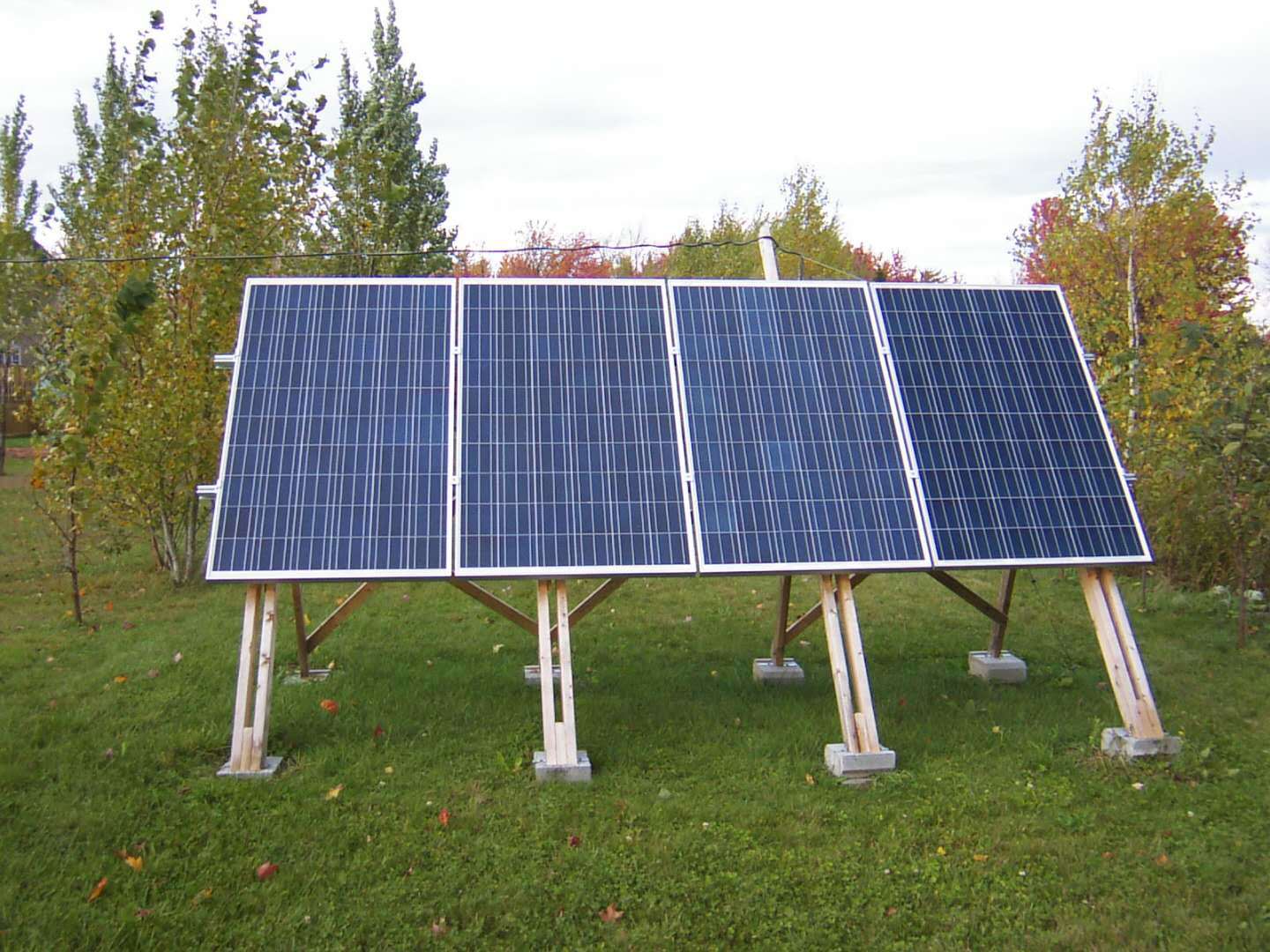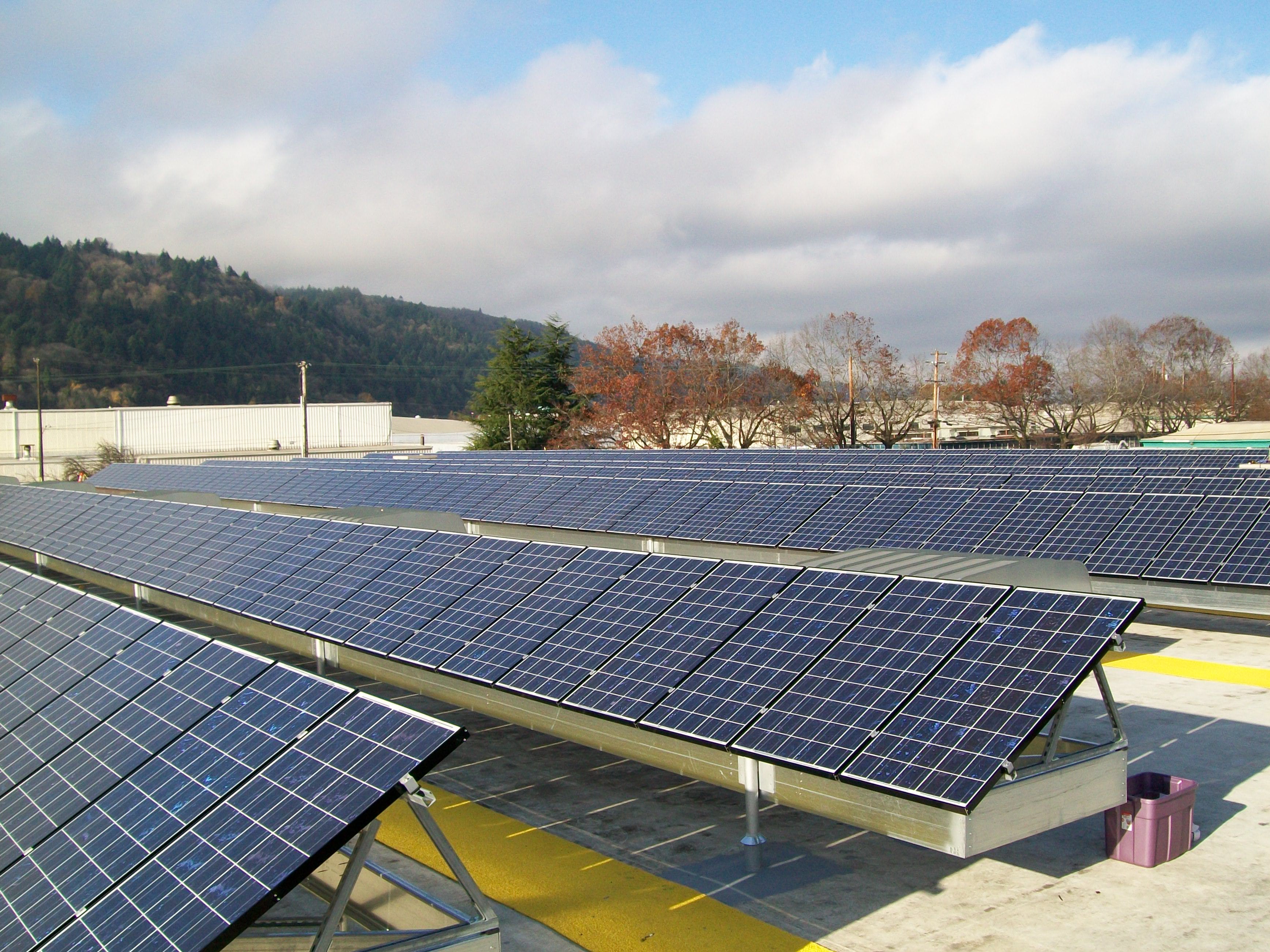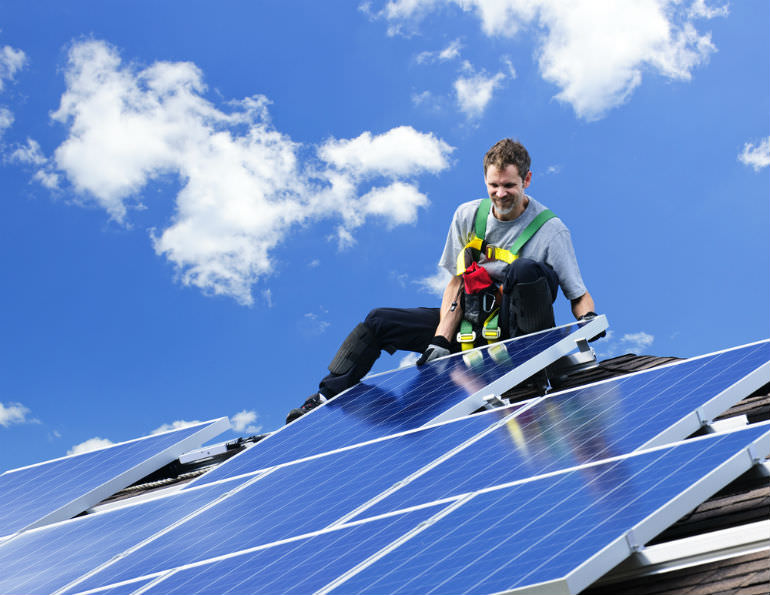A shortage of oil can cause energy prices to rise worldwide, including the cost of electricity flowing through the grid. Crises that affect the availability and cost of fossil fuels are likely to continue and even intensify. Still, you can take steps to insulate yourself from an oil shortage. Here are several benefits of switching your home to solar power when oil supplies are unpredictable and high prices.
1: Minimize the Pain of Oil Shortage Price Spikes
The prices of gas and power rise during oil shortages. Most electricity in the United States still comes from natural gas, coal, and nuclear sources. Renewable energy sources accounted for just 20% of electricity generation in 2021, an annual share that is forecasted to rise to 24% by 2023. If your household depends on the grid to meet most or all of your energy needs, you’re more likely to feel the effects of an oil shortage than you would be in a home powered by alternative energy, such as a grid-tie or off-grid solar power system.
A grid-tie system enables you to meet your family’s power needs and only draw from the grid when necessary. A home solar energy system that connects to the grid may be eligible for local programs. These billing programs offer credits to account holders for contributing electricity to the grid. With net metering, you can limit your dependence on the grid and offset at least some of the cost of drawing power during an oil shortage. Be sure to check if your utility provider allows net metering. A residential solar power system tied to the grid can also work with battery storage as a backup in an outage.
If you choose an off-grid solar power system for your home, oil shortages cannot directly affect your energy costs. This approach calls for the most significant investment in solar panels and battery storage. However, it eliminates your connection to a grid that is still dependent on fossil fuels for around 80% of annual electricity generation nationwide. You may have access to state or federal incentives that reduce the cost of switching to solar.
2: Rely on Battery Systems During Power Outages
If you invest in a battery system, you can have peace of mind that your home solar power system will work during brownouts or blackouts. While it is possible to have a grid-tie system without battery backup, storing power and using it when you need it can be helpful when the sun isn’t out or the grid goes down.
While it is rare for an oil shortage to cause power outages directly, a battery backup is an excellent thing to have regardless of global energy market trends. Solar batteries contribute to the total cost of a home installation but can prove invaluable in the event of an extended outage. Battery storage helps ensure that you can cover your home energy needs under both ordinary and extraordinary circumstances.
Battery systems can keep your lights on, appliances running, and devices charging after the sun goes down. A battery must recharge to keep operating for prolonged periods. You should calculate your energy needs to determine how much battery storage to include in a system.
3: Offset Usage on a Grid-Tie System with Metering
Being able to rely on the grid can provide peace of mind that you have access to power. If the cost of an off-grid system is a deterrent, a grid-tie system can reduce your costs by reducing the number of needed panels and eliminating batteries. Depending on where you live, you may also have the option to participate in a net metering program with your utility provider.
Net metering allows certain solar customers to send between 20% and 40% of their solar system output to the grid and earn credits for the power they draw at night or when their household use exceeds their solar energy system output. You can lower your electric bill even during an oil shortage by selling excess power when it is available.
If you live in a state without net metering, you still have the option to set up a grid-tie system with battery backup. Off-grid systems are not connected to the utility power grid, and therefore, these systems cannot draw power if their batteries run out of charge or their solar system malfunctions. Total independence from fossil fuels comes with not having an established utility to fall back on if you need more power.
4: Have an Independent and Renewable Power Source
The ability to generate your own electricity, let alone store excess power to use later, is a relatively recent development. An entirely off-grid system will cost considerably more than a grid-tie system due to the need for more battery storage. This cost can be worth it if you want to power a residence located in an area without utility service or if you are seeking independence from the grid.
Off-grid systems do not include options for net-metering or drawing power from the grid if panels aren’t generating energy and no backup battery power is available. If you want to take measures to reduce the effects of a global oil shortage on your budget, selecting either a grid-tie or off-grid solar system is one of the most intelligent choices you can make.
Driving an electric vehicle or working from home more days a week if you drive a hybrid or gas-powered car can also help to reduce your oil consumption. It is worth noting that any appliances or features in your home that run on natural gas will be vulnerable to price increases during oil shortages.
Although solar energy equipment involves a considerable upfront investment, reducing utility costs and federal and state tax credits and other benefits can pay off over the years. SOLARPARTS helps customers attain energy independence, from grid-tie systems (with or without net metering) to off-grid installations. Solar power can: Reduce the Usage of energy from fossil fuels; Shrink your carbon footprint and provide insulation from unpredictable energy prices during an oil shortage. Find out more about how solar energy can benefit you by contacting us today for a quote!
Phone: +86-13923729619 Fax: +86-755-28720791
WhatsApp: +86-13923729619 Wechat: 13510027129
Email address: Philip@isolarparts.com
Homepage: www.isolarparts.com



